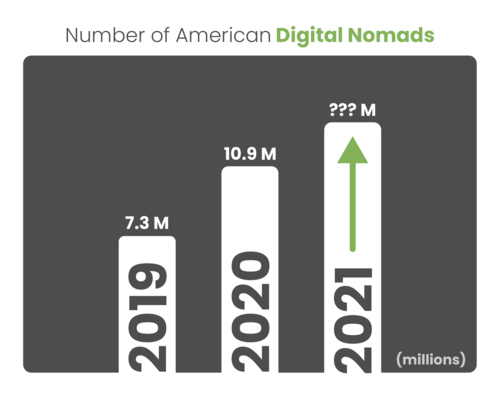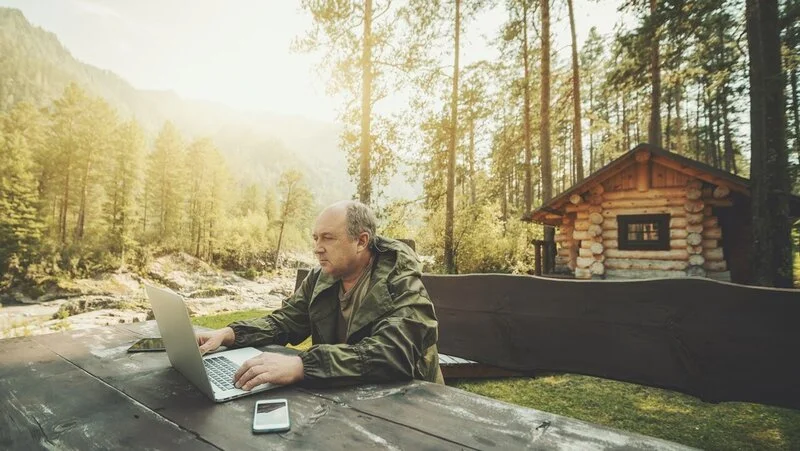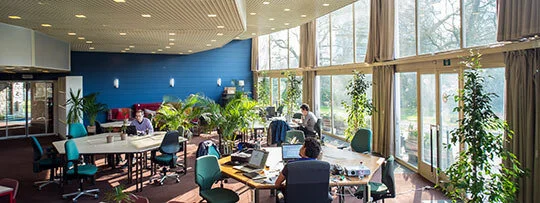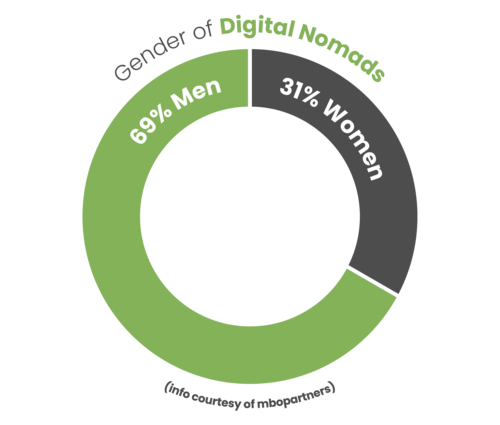Do you restrict pets at your property? Consider being less pet restrictive. Campgrounds have this advantage over hotels because pet parents can bring their fur-babies with them as they work from anywhere. Many campgrounds have dog parks or large grassy areas for dogs. Hotels can struggle to have those pet friendly spaces.
Once more, according to KOA's Chief Marketing Officer, Whitney Scott, one thing their campgrounds are investing in are Every-age playgrounds or Pocket Parks. These inclusive community areas are natural gathering places where adults play pickleball while children swing on the monkey bars. How can you be less restrictive and cast a wider net to all ages to ensure your capturing the limited number of travelers?




